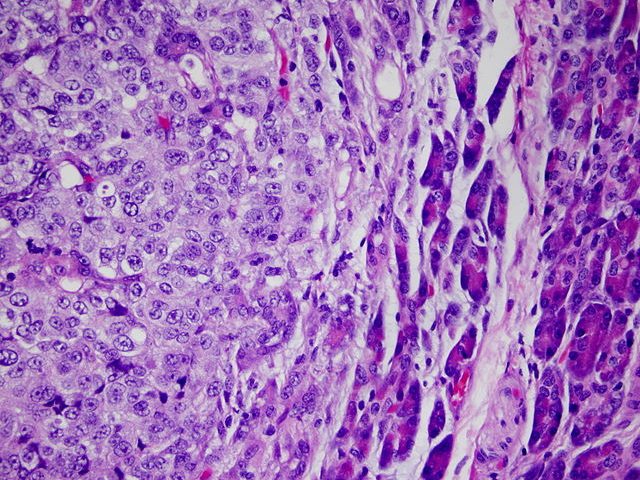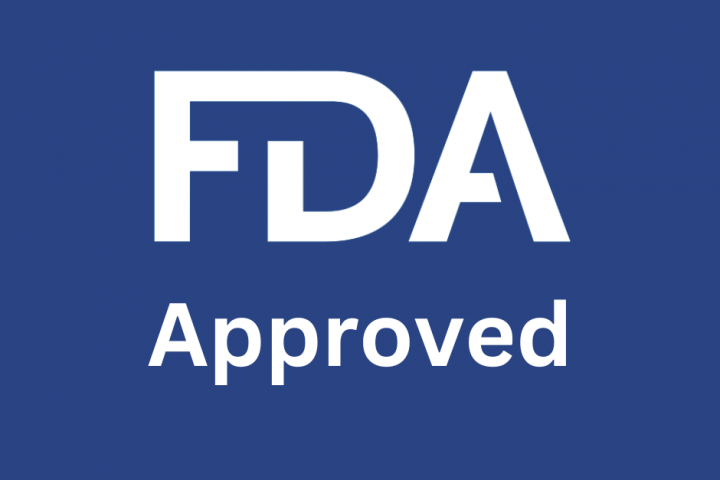By Dr. Radhika Kulkarni
On March 2nd, 2023, results of the Phase 2 trial, SWOG 1801, (NCT03698019) were published in the New England Journal of Medicine. This trial aimed to look at whether administering pembrolizumab in the neoadjuvant setting in addition to the adjuvant setting would increase event free survival [EFS] in patients with Stage 3 or 4 resectable melanoma. This trial was funded by the NCI and Merck Sharp and Dohme and conducted by the SWOG.
From Feb 2019 to May 2022, 313 patients from 90 sites in the US meeting the eligibility criteria were enrolled in the study. Patient characteristics were well balanced between both groups. Majority of the patients had cutaneous melanoma although few patients with acral and mucosal melanoma were included. These patients were randomized to receive either 3 doses of pembrolizumab 200mg every 3 weeks prior to surgery (with surgery being within 5 weeks of the last dose) followed by additional 15 doses after surgery (neoadjuvant-adjuvant arm, n=154) or undergo surgical resection followed by pembrolizumab 200mg every 3 weeks for a total of 18 doses (adjuvant only arm, n=159). The median duration of follow up was 14.7 months.
The primary end point was event free survival. Events were defined as disease progression or toxic effects from treatment that prevented surgery or the ability to receive adjuvant therapy within 84 days of surgery, recurrence post-surgery and death from any cause.
105 events occurred in both arms (28 in the neoadjuvant-adjuvant and 67 in the adjuvant only arm). EFS was significantly longer in the neoadjuvant-adjuvant group (p=0.004). This benefit was seen across all subgroups. EFS at 2 years was 72% (95% confidence interval [CI], 64 to 80) and 49% (95% CI, 41 to 59) in the neoadjuvant-adjuvant and adjuvant-only group respectively. At the data cut off time, 14 deaths in the neoadjuvant-adjuvant arm and 22 in the adjuvant only arm had occurred. This precluded comparison in terms of overall survival.
The incidence of grade 3 and 4 immunotherapy related side effects in the adjuvant setting was similar in both groups. Less than 10% of patients in the neoadjuvant group had disease progression or adverse side effects that prevented proceeding to surgery.
In conclusion, the SWOG 1801 showed that in patients with high-risk resectable Stage 3 and 4 melanoma, patients who received neoadjuvant and adjuvant immunotherapy had longer event free survival than patients who only received adjuvant immunotherapy.
References
March 2, 2023
N Engl J Med 2023; 388:813-823
DOI: 10.1056/NEJMoa2211437







